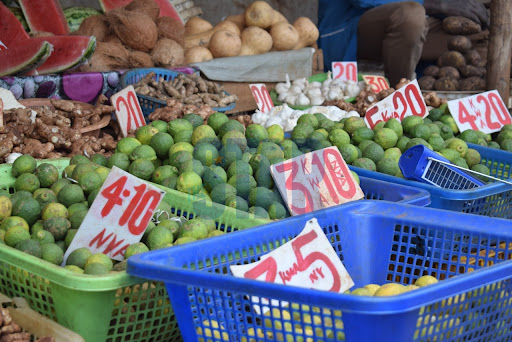
The cost of living in Kenya continues to rise, putting pressure on households to stretch their incomes further. From skyrocketing food prices to higher fuel and electricity costs, many Kenyans are struggling to make ends meet. But with smart financial strategies, you can manage your expenses and navigate these tough economic times effectively.
In this expert guide, we share practical money-saving tips to help you survive and thrive despite Kenya’s economic challenges in 2024.
1. Budget Like a Pro

One of the most important steps in managing rising costs is creating and sticking to a budget.
Track your expenses using M-Pesa statements, Excel sheets, or budgeting apps to monitor where your money goes. Prioritize essentials such as food, rent, and utilities before spending on non-essentials. Cut unnecessary spending by reducing impulse purchases, luxury spending, and costly subscriptions.
2. Buy in Bulk and Take Advantage of Discounts

Prices of everyday goods are rising, but buying in bulk can help you save.
Shop at wholesale markets like Gikomba and Marikiti or your local bulk stores for lower prices. Compare prices online before purchasing, as platforms like Jumia, Kilimall, and Copia often have better deals. Take advantage of loyalty programs offered by supermarkets such as Naivas, Quickmart, and Carrefour.
3. Reduce Food Costs with Smart Shopping and Meal Planning
Food prices are among the most affected by inflation, but you can cut costs by making smarter decisions.
Buy seasonal foods since their prices fluctuate and are cheaper when in season. Cook at home instead of eating out to save a significant amount of money. Grow your own food if you have space by planting vegetables like sukuma wiki, onions, and tomatoes.
4. Lower Your Utility Bills
Electricity, water, and gas prices keep rising, but there are ways to reduce these expenses.
Use energy-saving bulbs and appliances to lower electricity consumption. Turn off unused electronics, as phantom power from plugged-in devices adds to your bill. Harvest rainwater or reuse household water to cut down on water costs. Consider switching to alternative energy sources such as solar power for lighting and cooking.
5. Use Public Transport or Carpool
With fuel prices at an all-time high, transport costs take a huge chunk of household budgets.
Use matatus or bodabodas instead of private cars whenever possible. Carpool with friends or colleagues to split fuel costs. Opt for bicycles or walking for short distances to cut fuel and health costs.
6. Increase Your Income Streams
In a tough economy, relying on one source of income is risky. Diversify your earnings by exploring multiple income streams.
Start a side hustle such as selling second-hand clothes, online freelancing, or offering a skill-based service. Monetize your skills by teaching, tutoring, or consulting in your area of expertise. Invest wisely by considering SACCOs, government bonds, or farming as alternative sources of income.
7. Take Advantage of Government and Community Support Programs
The Kenyan government and various organizations offer support programs that can help during tough times.
Enroll in NHIF to help reduce healthcare costs. Join a SACCO to benefit from better savings and loan options compared to traditional banks. Look out for government subsidies on essential items such as unga and fuel.
8. Embrace Minimalism and Contentment
Living within your means is the ultimate strategy to survive rising costs.
Avoid unnecessary debt and do not borrow for luxury items. Sell unused items to declutter and earn extra cash. Find free or low-cost entertainment by exploring local parks, free concerts, or social groups instead of expensive outings.
Final Thoughts
Surviving Kenya’s rising cost of living in 2024 requires financial discipline, creativity, and adaptability. By budgeting wisely, cutting unnecessary expenses, shopping smart, and diversifying your income, you can maintain financial stability despite economic challenges.
What are your best money-saving tips? Share your thoughts in the comments below.
